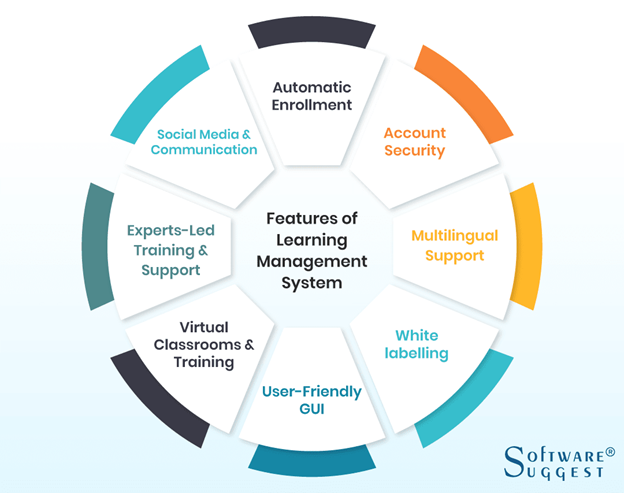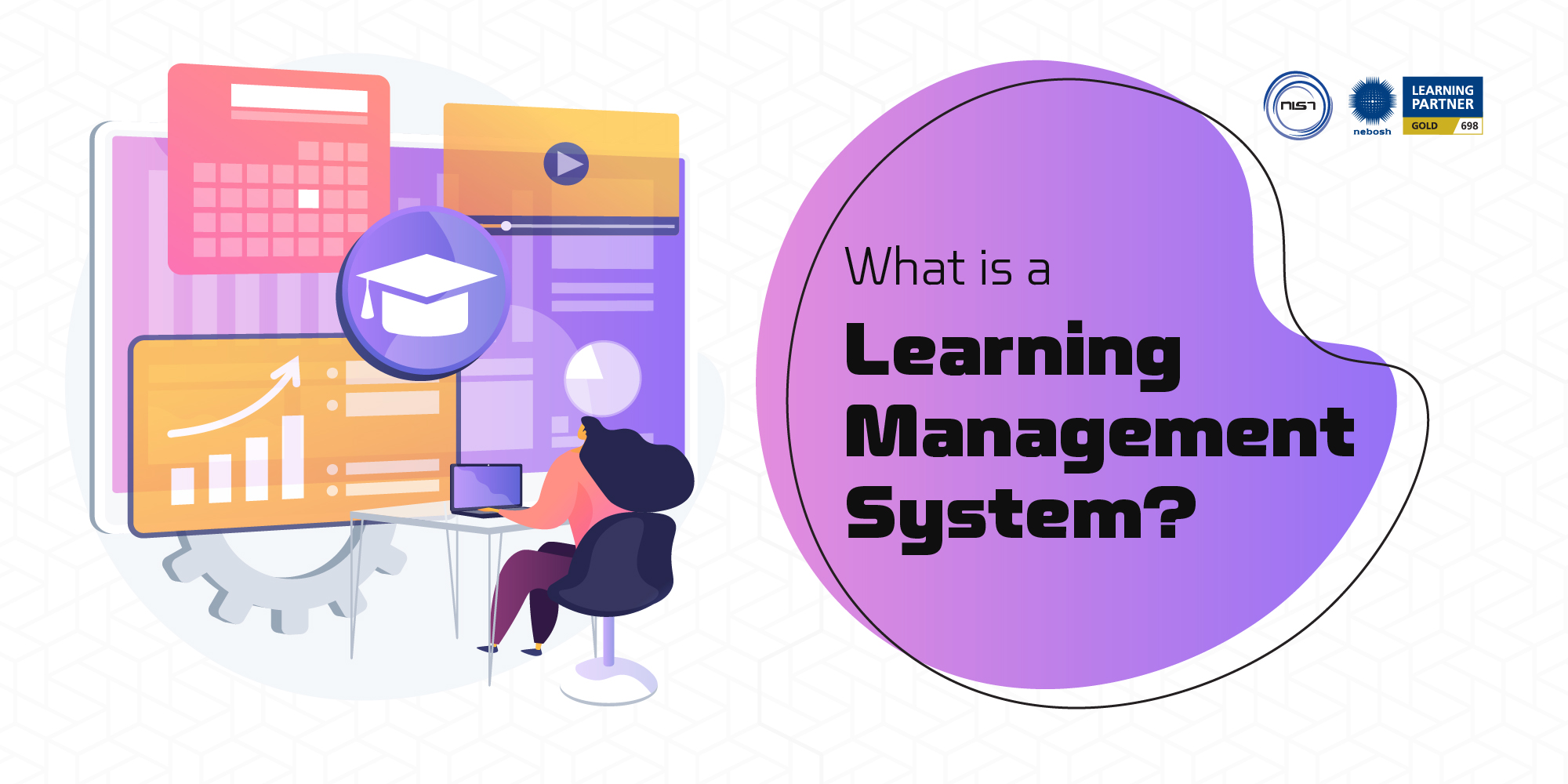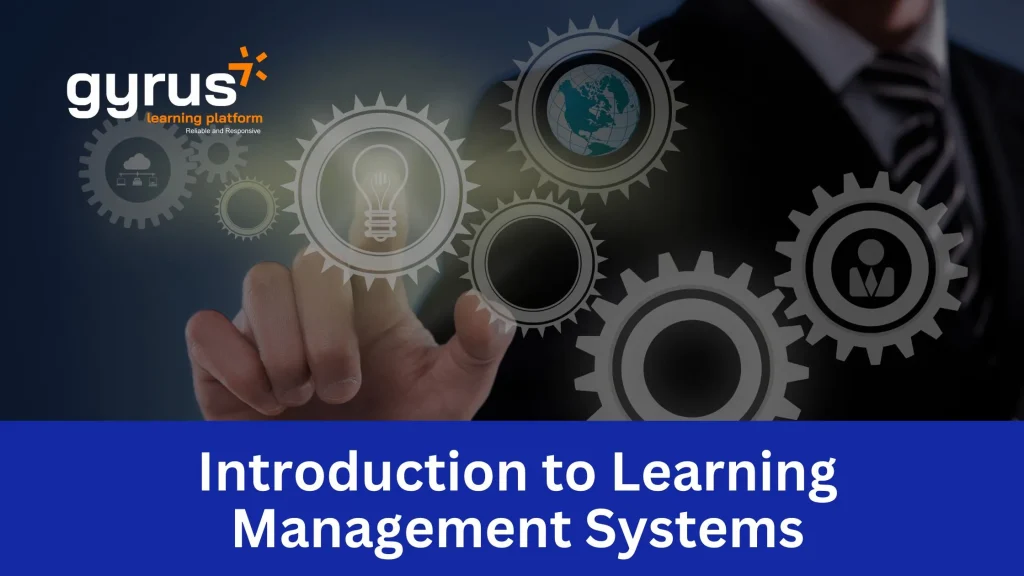Learning Management System Singapore: Selecting the Right System for Your Team
Learning Management System Singapore: Selecting the Right System for Your Team
Blog Article
Picking the most effective Knowing Management System for Your Company
Selecting the ideal Learning Management System (LMS) for your company is a diverse choice that needs careful factor to consider of various elements. As organizations strive for performance and development, the choice of an LMS becomes progressively significant.
Define Your Understanding Purposes
Specifying clear knowing purposes is important for the effective application of a Learning Administration System (LMS) These purposes function as a roadmap, guiding the advancement of web content, assessments, and overall instructional strategies within the LMS. By establishing details, quantifiable, possible, pertinent, and time-bound (WISE) goals, companies can make certain that the understanding experiences are straightened with their strategic goals and student needs.
Effective discovering goals ought to encapsulate what learners are anticipated to know or have the ability to do upon conclusion of a training course or training program. This clarity not only help in web content creation but also assists in the examination of learner progress and the general efficiency of the LMS. LMS SG. Furthermore, well-defined purposes enable stakeholders to examine whether the selected LMS functions and functionalities align with their academic goals.
Assess User Experience
Once discovering purposes have actually been developed, examining user experience becomes a crucial next action in picking an appropriate Understanding Administration System (LMS) Individual experience incorporates the overall satisfaction and convenience with which learners communicate with the system. A properly designed LMS needs to help with intuitive navigating, ensuring that customers can locate programs, products, and support easily.
To examine customer experience, consider conducting use screening with a representative example of end-users. This can offer useful insights right into just how students involve with the platform. Key factors to evaluate include the LMS's user interface design, accessibility features, mobile compatibility, and the quality of directions offered. User comments is essential; collecting surveys or conducting interviews can expose common pain points and areas for renovation.
In addition, examine the availability of support resources, such as tutorials and assistance facilities, which can improve the individual experience. The responsiveness of consumer assistance is additionally important; prompt help can dramatically alleviate frustrations that customers might run into. Eventually, selecting an LMS that focuses on user experience not just enriches the finding out procedure however also cultivates greater engagement and satisfaction amongst learners.

Evaluate Assimilation Capabilities
Identifying the significance of smooth capability, reviewing integration abilities is important when choosing a Knowing Monitoring System (LMS) A reliable LMS should help with interoperability with existing systems, such as Human Resource Administration Solution (HRMS), Consumer Partnership Management (CRM) systems, and other academic tools. This integration enhances information flow, minimizes additional hints management worries, and makes certain a cohesive discovering setting.
When examining an LMS, consider the kinds of integrations provided. Try To Find Application Shows User Interfaces (APIs), Single Sign-On (SSO) capabilities, and pre-built ports that simplify combination procedures. Additionally, validate the LMS's ability to incorporate with third-party tools, such as content libraries or evaluation systems, which can considerably improve the discovering experience.

Think About Scalability and Adaptability
As companies progress, the capability of a Discovering Management System (LMS) to range and adapt becomes significantly essential. A scalable LMS can fit development in customer numbers, course offerings, and web content without endangering performance or individual experience. As companies broaden, whether with enhanced workers, brand-new locations, or varied training demands, the LMS must flawlessly grow alongside these modifications.
Flexibility is equally important; a reliable LMS must sustain different discovering modalities, such as online, combined, and mobile knowing. This adaptability allows organizations to respond rapidly to emerging patterns in training and growth, making sure that they can offer interesting and relevant learning experiences - Singapore LMS. Additionally, the system needs to give adjustable attributes, allowing organizations to customize the LMS to their particular needs and branding
Moreover, an adaptable over at this website LMS needs to integrate conveniently with existing platforms and tools, promoting a cohesive understanding ecosystem. Thus, when choosing an LMS, it is crucial to analyze not only its existing capabilities yet likewise its potential to grow and adjust in placement with the organization's strategic objectives and advancing learning needs. This foresight can considerably boost the long-term viability of the selected LMS.
Evaluation Costs and Budgeting
When examining an Understanding Administration System (LMS), reviewing prices and budgeting is important to make sure that the investment straightens with the organization's monetary capabilities and strategic objectives. Organizations should start by determining the overall price of ownership, which consists published here of licensing costs, execution prices, upkeep, and any kind of additional costs such as training and technical assistance.
It is crucial to contrast different LMS options, as prices models can vary dramatically amongst vendors. Some systems may use a subscription-based version, while others may charge an one-time cost. Organizations must also consider the scalability of the LMS; as they grow, the cost structure might transform, influencing long-term budgeting.

Conclusion
Choosing a proper Understanding Monitoring System (LMS) is vital for attaining business discovering objectives. An extensive assessment of customer experience, integration abilities, scalability, and financial considerations ensures that the chosen LMS straightens with tactical objectives and student requirements. By systematically resolving these variables, companies can enhance discovering outcomes, help with seamless procedures, and assistance future growth. Ultimately, the appropriate LMS functions as a crucial tool in fostering an efficient learning atmosphere and driving business success.
Selecting the optimum Knowing Administration System (LMS) for your organization is a diverse decision that calls for mindful consideration of numerous elements.Specifying clear understanding goals is crucial for the successful application of an Understanding Management System (LMS)Once discovering objectives have been established, evaluating user experience comes to be an essential following step in selecting a proper Knowing Administration System (LMS)As companies evolve, the capability of a Knowing Monitoring System (LMS) to scale and adjust becomes progressively vital.Choosing a suitable Understanding Administration System (LMS) is necessary for accomplishing organizational discovering goals.
Report this page